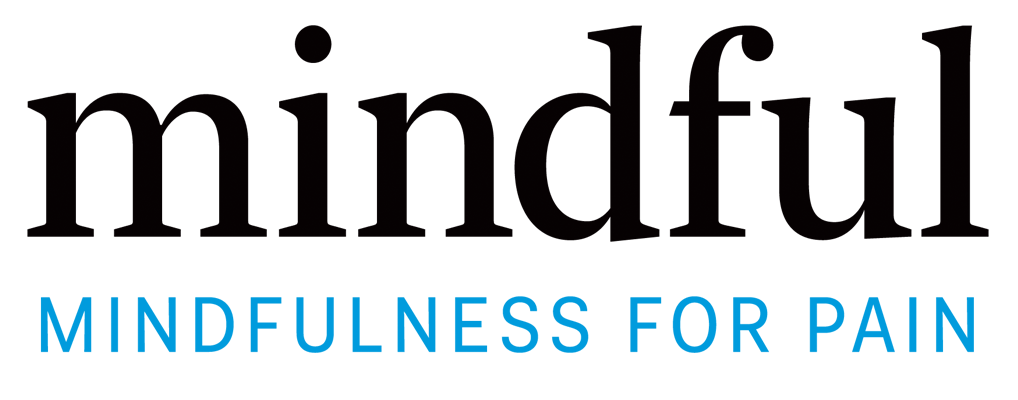Mindfulness for Pain Practice: Asking For and Receiving Help
Hello my name is Tara Healey, and I am the program director for “Mind the Moment,” Harvard Pilgrim Health Care’s mindfulness program. And today we’re going to look at what it’s like to ask for, receive and accept help.
So when you are in pain, you may likely need help from others—physical help, psychological support, problem-solving help, companionship—essentially, help of all kinds. And not asking for help when you need it can increase your mental pain, which in turn can make the physical pain more intense, adding an additional and unnecessary layer to what you are already feeling. It can be very hard to ask for help, particularly if you have developed or inherited a strong belief in being independent and in taking care of yourself. And notice how even the mere thought of asking for help makes you feel. Your belief in independence is a good thing, and independence has no doubt supported you and really been an ally in life. But now may be the time that you need to make full use of family, friends and caregivers. So, essentially it’s a time to tame your inner critic, to reach out simply and gracefully. And not standing in the way of others who really want to help.
Try this practice to explore your feelings about asking for and receiving help. So take a moment to take three fully conscious breaths on your own.
Mindfulness for Pain Practice: Asking for and receiving help
Take a moment to ponder or reflect on the following questions, and just simply noticing and also allowing whatever surfaces. So the first one:
- Do you think you should be able to handle everything on your own?
- How does it feel to be dependent on others even, if that dependence is temporary
- And what else comes to mind for you around asking for help?
So it might be useful to say the following to yourself: “I, like all human beings, need help from other people. I am thankful. And I will let myself be helped.”.
Think of how it has made you feel to be helpful, useful and needed by others. And that’s an opportunity that you are making possible for others when you let them help you. Conversely, think of a time when your offer of help was not accepted. You may also think of the task as something you’re doing together, maybe a shared experience, rather than only something they are doing for you. We can help each other as part of our shared human experience. And we are all vulnerable and subject to pain and to loss. So again, take a couple of deep and conscious breaths on your own, and just simply noticing and allowing however you are feeling in this moment, emotionally and physically.
When you’re feeling settled asking for help, you will more likely ask simply and kindly for what it is that you need. It’s also helpful to be really clear when you need help and what you need. For instance, “I need someone to do my laundry. I can fold, but I can’t put it in and take it out of the washer and dryer. Is that something that you’re able to help me with?”
The next thing is just to be honest. “I need a friend. I know that other people have been through this, but I’m feeling alone right now. Can we just spend some time together tomorrow?”
If someone offers help that is not truly helpful, it’s fine to say no and to say thank you. Offering gratitude, even if someone is being paid to help you, goes a long way.
So wishing well, and sending good luck on your journey in working with pain and gaining comfort with what it’s like to ask for help.




